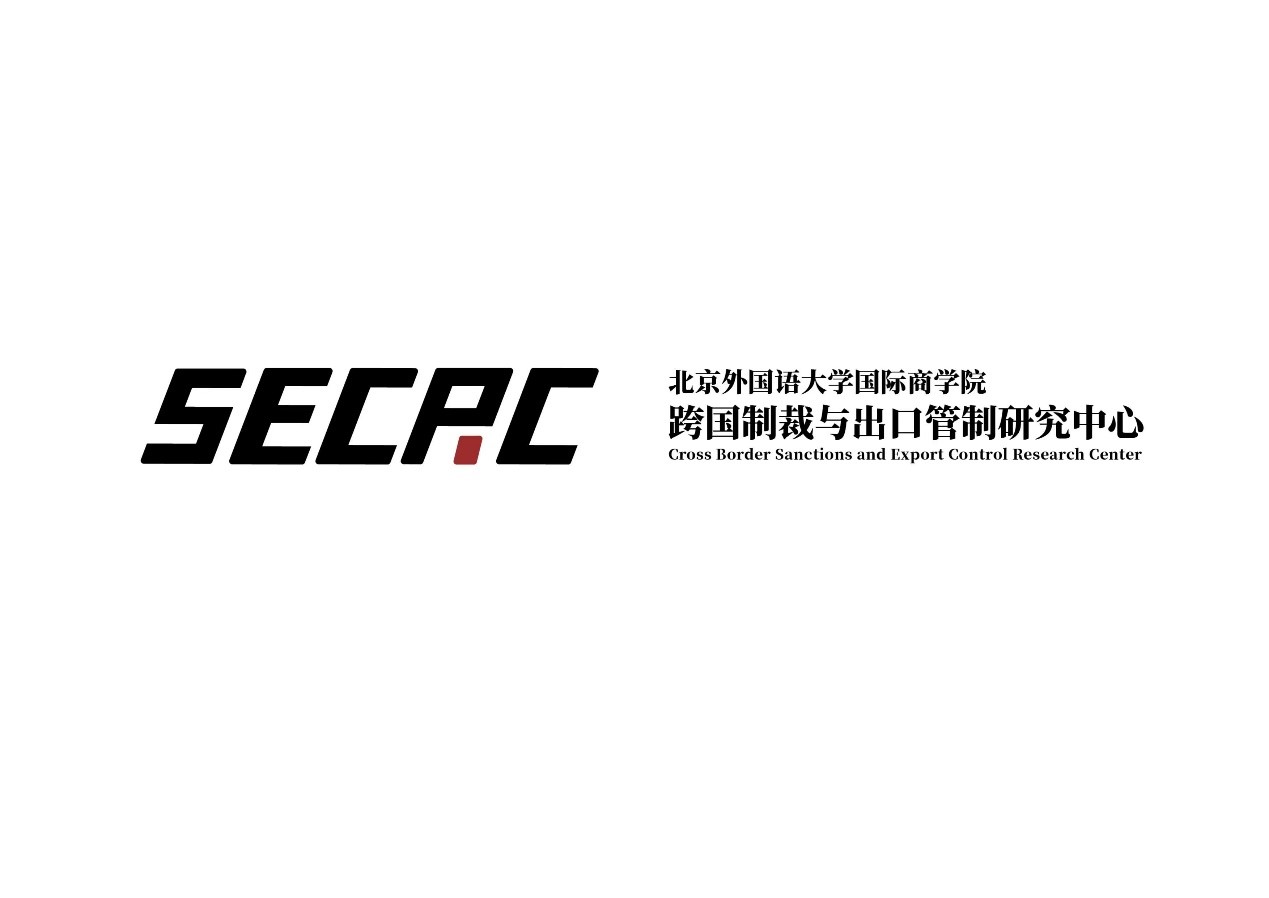Date:2025-09-06
Views:
Views:1450 Author:admin Date:2022-11-02
In recent years, the international political and economic environment is undergoing major changes. Since 2018, trade disputes between China and the United States have continued to escalate. For examples, the U.S. government has increasingly tightened its policies towards China, frequently used export control policies to restrict the export of high-tech products to China, and suppressed Chinese high-tech enterprises represented by Huawei. These measures have sparked widespread suspicion and concerns among Chinese high-tech enterprises.
Today, cross border sanctions and export controls have become important coercive tools for the United States to implement its foreign policy. China’s enterprises, scientific research institutes, and individuals are constantly placed on the list of US Entity or the list of Specially Designated Nationals. They are cut off from the supply chain for core raw materials, or are threatened with asset freezes and transaction bans. Through these coercive tools, the United States is trying to hinder our country’s access to goods, services, technology, and market share and to contain China’s development. In response to this complex international situation, China has also successively introduced the unreliable entity list system, export control laws, and blocking measures.
With the ever-increasing competition and friction between major powers, national security has become a high-frequency term in the international economic and trade field, and the normal international economic and trade order and legal order are undergoing unprecedented shocks. Accurate interpretations and correct responses to these issues require, on one hand, an interdisciplinary perspective of politics, law, and business, and on the other, an in-depth dialogue between theory and practice. In view of this, the International Business School of Beijing Foreign Studies University has established the Cross Boarder Sanctions and Export Control Research Center, which brings together the research on international economic and trade rules, supply chain research, international political research of the Center for Public Diplomacy Research, and the deep practical experience in export control, economic sanctions, and trade compliance of the famous foreign law firm King & Wood Mallesons. The center is a powerful one-stop research center integrating scholars, lawyers, government representatives, corporate representatives, and industry association representatives.
The center intends to give full play to its comprehensive advantages, carry out relevant research from the macro policy level and the practical operation level, and contribute to China’s response to overseas technology jurisdiction and political targeting, and legal guidance and advice to Chinese enterprises, especially large central enterprises, state-owned enterprises and other private enterprises in high-tech industries that are under fire and crucial to the long-term development of the country.


